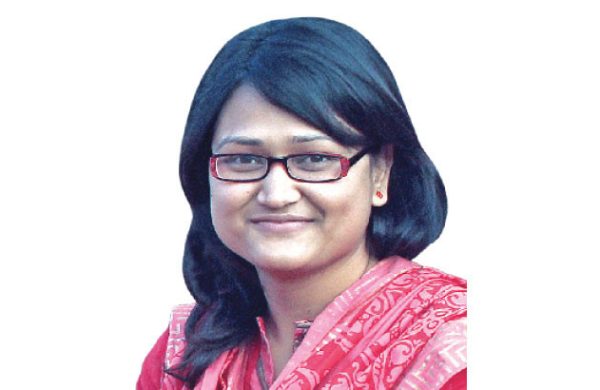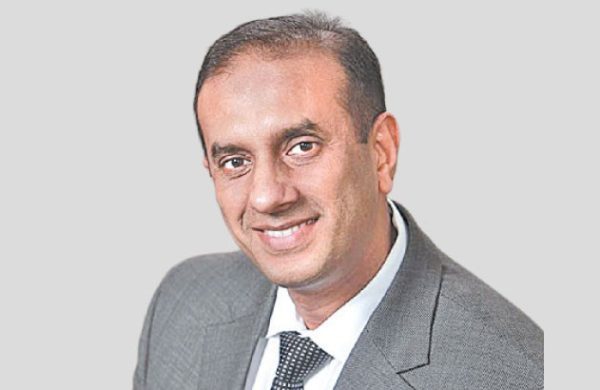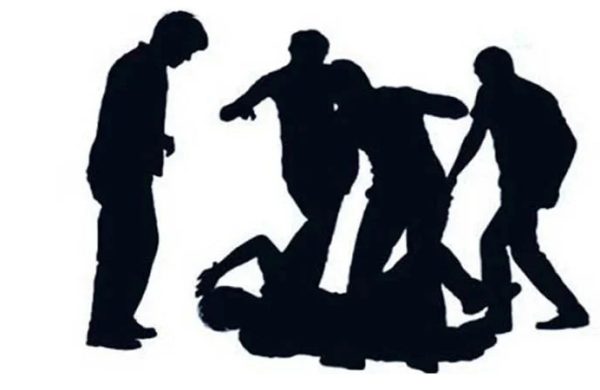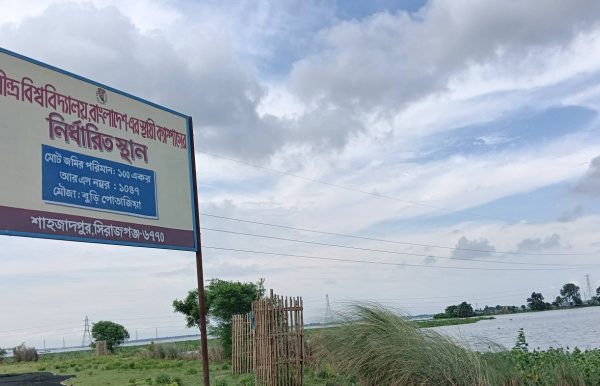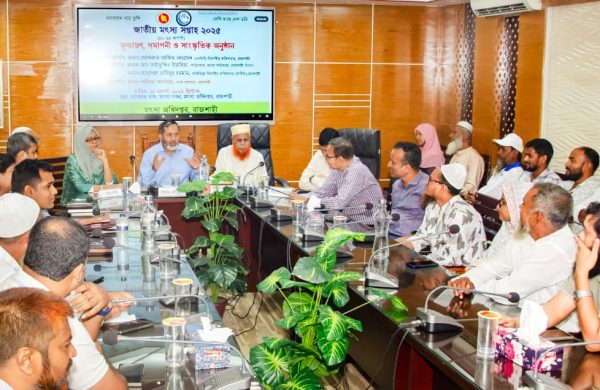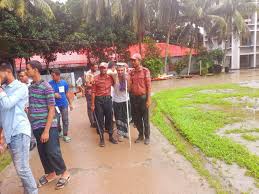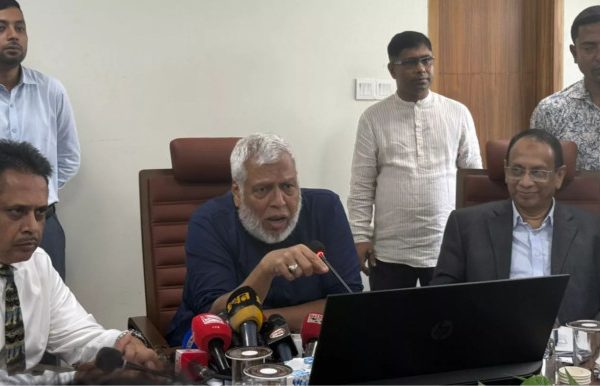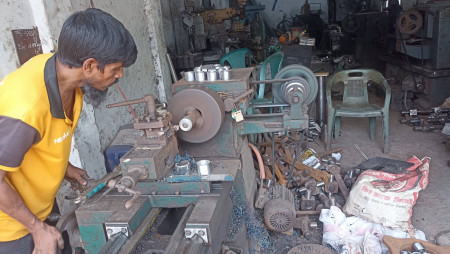No freedom without revolutionary transformation of power
- Update Time : Sunday, August 24, 2025
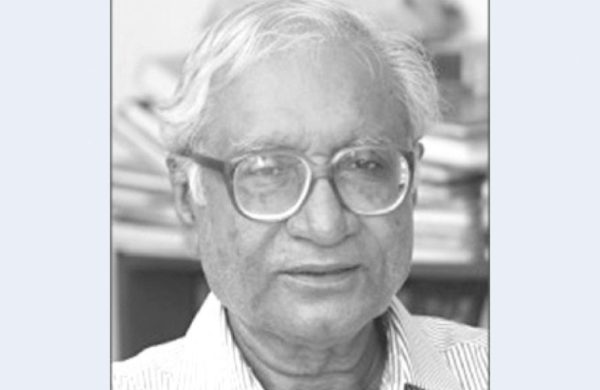
—Serajul Islam Choudhury—
In our country, power transfer has been taken place multiple times and in various ways, but a genuine transformation of power has yet to occur. Before the British arrived, power was transferred from one king to another, but this did not alter the nature of that power or society’s relationship with it. After the British came, a transformation of power took place.
The kingdom was transformed into a state, and that state monopolized all power, bringing about a change in society as well. Looking at Bengal, we can see that a form of industry and capital had developed here. The British, under the guise of trade, came and destroyed this potential for development. They introduced the Permanent Settlement, which turned the farmer into a subject of the landlord and the landlord into a subject of the state. As a result of both the destruction of local industry and the loss of farmers’ rights to land, a kind of negative revolutionary change occurred in society.
With the patronage of the East India Company and through English education, a middle class emerged. This class gained some power by cooperating with the British and helped to stabilize British rule. This very middle class played the leading role in culture and politics.
A major weakness of the anti-Partition of Bengal movement in 1905 was the political use of religion. This endangered secularism and led to the rise of religious revivalism.
This benefited the British rulers, as the anti-British movement became divided due to religious communalism. The anti-imperialist protest entered the back alleys of communalism, taking the form of riots. Ultimately, the almost revolutionary situation that had been created in Bengal in 1947 turned into a bloody conflict through communal riots, resulting in the partition of the country.
What the English rulers did was hand over administrative power of two states to their loyalists, creating the illusion that they were granting independence. While two new states were indeed created in the 1947 partition, it was merely a formality of power transfer.
The state remained the same old bureaucratic one, and its economy remained capitalist. Immediately after 1947, a new nationalist movement began in East Bengal. This nationalism was not based on religion like the previous one, but on language, and was therefore secular and democratic. This nationalist movement started as an autonomy movement, but in 1971, it evolved into a demand for independence. In 1971, we, the people of East Bengal, fought for the first time for our independence. We call this a war of liberation because the aspiration, although indistinct, was for liberation, not just autonomy or a new state. This liberation could never have been achieved by keeping the old social system left behind by the British intact. The dream was of a democratic society where there would be no inequality in rights and opportunities between people, and where power would be decentralized. But we have not achieved that goal, and that is why there is so much frustration, conflict, and crisis all around today.
The uprising of 1969, before the 1971 war, also had the aspiration for a social revolution. But there was no political force in the country with the necessary leadership to make a social revolution possible. The driving force of the uprising were the leftists, who believed in a social revolution, but they were divided and unorganized. They had power, but that power could not be organized. This was because the main political conflict at the time was between the Punjabis and the Bengalis; a revolutionary change in society was impossible without resolving this conflict. The leftists could not incorporate this truth into their own programs. The leftists could not advance the way the nationalists did in the conflict between the Punjabi state power and the Bengali people. As a result, even though the leftists’ role had been the most important in all democratic movements since 1947, the movement for independence was not led by them. The leadership went to the nationalists.
Although independent in name, this ruling class is even more subservient than before. The previous subservience was direct and shameful, but the current subservience is indirect and “honorable.” The proof of how subservient this ruling class is can be found not only in their acceptance of advice from lending institutions but also in their literal compliance with the directives of their capitalist global masters in the day-to-day administration of the state. They do not see anything dishonorable in this; rather, they measure their political fulfillment by how much foreigners bow to them.
The repeated transfer of power in our country—sometimes through direct military rule and sometimes through constitutional-unconstitutional autocracy—is indeed happening, but the people’s dream of liberation is not being realized at all. On the contrary, it appears that the main job of this ruling class, regardless of the name it adopts or the government it forms, is to plunder, to smuggle the country’s wealth abroad, and to hand over the country’s land and ports to imperialists. Such a power-hungry and unpatriotic ruler has never been seen before in our history.
The reason the people’s aspirations have not been realized is that the force on their side has not yet become organized, even after all these events and struggles. This is why the unpatriotic ruler’s tyranny remains unchecked, and their power continues to increase. On the other hand, frustration has set in among the people. The country has also become a breeding ground for Islamic fundamentalism. The people are agitated; and it is a rule that agitation will be expressed in some way. If this agitation were led by patriots, we could have advanced toward a social revolution. The people of the country are constantly being tormented by the tyranny of the ruling class and their captive media, state forces, and mob violence. Anti-liberation forces are visible everywhere; religious fundamentalism and militant activities are clearly evident through their open dominance in the government and in politics. Such examples exist in various countries of the world, and they are also being seen in our country, which is undesirable and frustrating.
In a nutshell, the rulers’ dream has been realized, as they have achieved their independence. But expecting the implementation of the people’s dream of liberation from them is like hoping for mangoes from a date palm tree. It is clear that the liberation movement is not over. The question is, who will lead this movement? It will be led by those who are both patriotic and democratic. It will not be enough to be just patriotic, as the current rulers also call themselves patriots. So, they must be democratic too. In the context of the blockade of global capitalism, the commitment to democracy has two aspects: one, to be anti-imperialist; and two, to believe in social revolution. Those who do not possess these two qualities can never be democratic.
The meaning of patriotism is also clear. It is to love the people of the country. “Country” means land, but it means the people of the country even more. Our rulers are interested in the land; they have no hesitation in handing over the motherland to imperialists. But they are hostile to the people, which is why we see them appeasing imperialism. Yet we see no interest in alleviating the people’s suffering; rather, they are the people’s identified enemies. The invading Punjabis were also “patriotic”; they wanted to keep East Bengal’s land by killing its people.
Power transfer is happening again and again, and it will continue to happen. But history, both past and future, proves that we will not be liberated without a revolutionary transformation of power unless those who believe in social revolution come forward, organize themselves, and bring about fundamental change in the state and society. Fundamental change means decentralization of power, establishing equality of rights and opportunities among citizens, and establishing the authority of genuine people’s representatives in all spheres. What will happen if this does not occur is what we are seeing every moment.
————————————————————–
Author: Professor Emeritus, University of Dhaka



